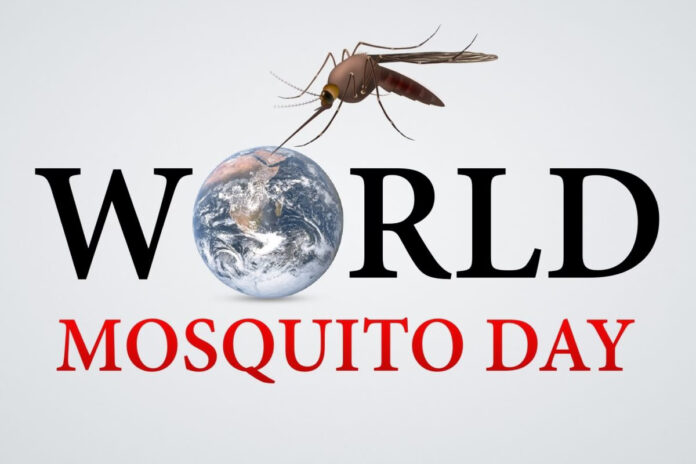World Mosquito Day, observed annually on August 20th, commemorates the discovery made by Sir Ronald Ross in 1897 that female mosquitoes transmit malaria between humans. This day serves as a reminder of the health risks associated with mosquitoes and the importance of mosquito control and prevention efforts.
Importance of World Mosquito Day:
- Raising Awareness: The day is used to educate the public about the dangers posed by mosquitoes, which are vectors for diseases like malaria, dengue fever, Zika virus, yellow fever, and chikungunya. These diseases can have severe health impacts and are responsible for millions of deaths annually, particularly in tropical and subtropical regions.
- Highlighting Prevention: World Mosquito Day emphasizes the importance of preventive measures, such as using insect repellent, sleeping under mosquito nets, removing standing water where mosquitoes breed, and supporting community-based mosquito control programs.
- Encouraging Research: The day also highlights the need for ongoing research to develop better tools and strategies for mosquito control, including vaccines, treatments, and environmentally safe insecticides.
- Global Health Focus: It’s an opportunity for governments, non-profit organizations, and health agencies to focus on strategies to combat mosquito-borne diseases, particularly in vulnerable regions.
In 2024, the observance of World Mosquito Day will likely include events, educational campaigns, and social media activities to remind people of the dangers posed by mosquitoes and to encourage global cooperation in the fight against these deadly insects.



